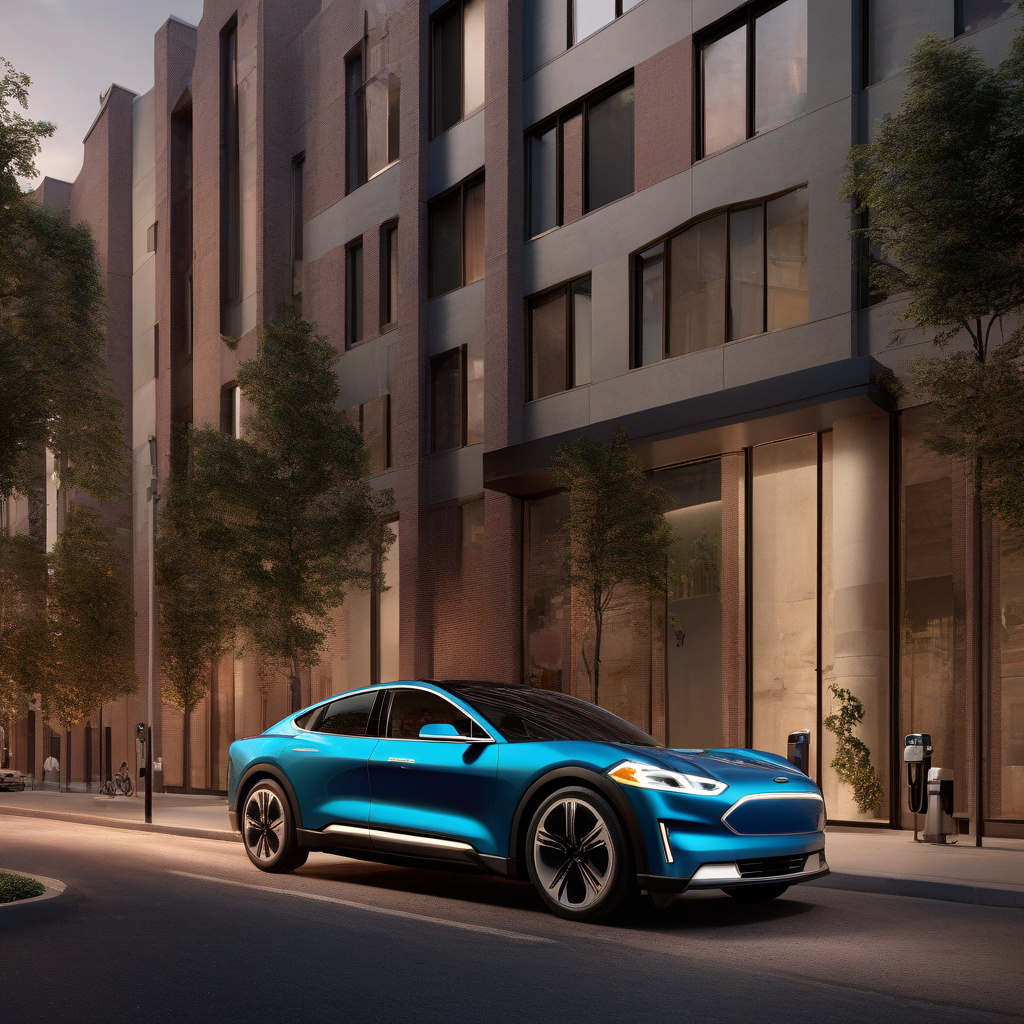In the ever-evolving landscape of electric vehicles, Ford recently faced a notable shift in sales performance. During the second quarter, the automotive giant experienced a 31% decrease in electric vehicle (EV) sales. However, amidst this decline, there was a contrasting surge in the popularity of hybrid vehicles. This shift in consumer preferences reflects a broader trend within the automotive industry, signaling a nuanced transition towards more sustainable mobility solutions.
The decrease in Ford’s EV sales by 31% highlights a potential challenge in the mainstream adoption of fully electric vehicles. Despite the growing awareness and interest in EVs, certain barriers such as range anxiety, charging infrastructure, and upfront costs continue to impact consumer decisions. This decline underscores the importance of addressing these concerns through innovative solutions and targeted strategies.
On the other hand, the rise in hybrid vehicle sales for Ford signifies a transitional phase towards electrification. Hybrids offer a middle ground by combining internal combustion engines with electric motors, providing improved fuel efficiency and lower emissions compared to traditional vehicles. This increase in hybrid sales indicates a growing acceptance of electrified powertrains among consumers, paving the way for a gradual shift towards more sustainable transportation options.
Ford’s strategic focus on hybrid vehicles aligns with the broader industry trend towards electrification and sustainability. By offering a diverse range of electrified vehicles, including hybrids, plug-in hybrids, and fully electric models, Ford aims to cater to varying consumer needs and preferences. This approach not only enables Ford to meet regulatory requirements for lower emissions but also positions the company as a key player in the evolving automotive landscape.
Moreover, the rise of hybrid vehicle sales presents an opportunity for Ford to leverage its technological expertise and innovation in the electrification space. By investing in hybrid technology and enhancing the performance and efficiency of hybrid models, Ford can further differentiate itself in the market and attract environmentally conscious consumers. This strategic focus on hybrids allows Ford to capitalize on the growing demand for electrified vehicles while addressing the challenges associated with full electrification.
In conclusion, Ford’s experience of a 31% decrease in EV sales alongside a rise in hybrid vehicle sales reflects a dynamic shift in consumer preferences towards more sustainable mobility solutions. This trend underscores the importance of offering a diverse range of electrified vehicles to cater to varying consumer needs and preferences. By strategically focusing on hybrids and investing in innovative electrification technologies, Ford is well-positioned to navigate the evolving automotive landscape and drive towards a more sustainable future.

